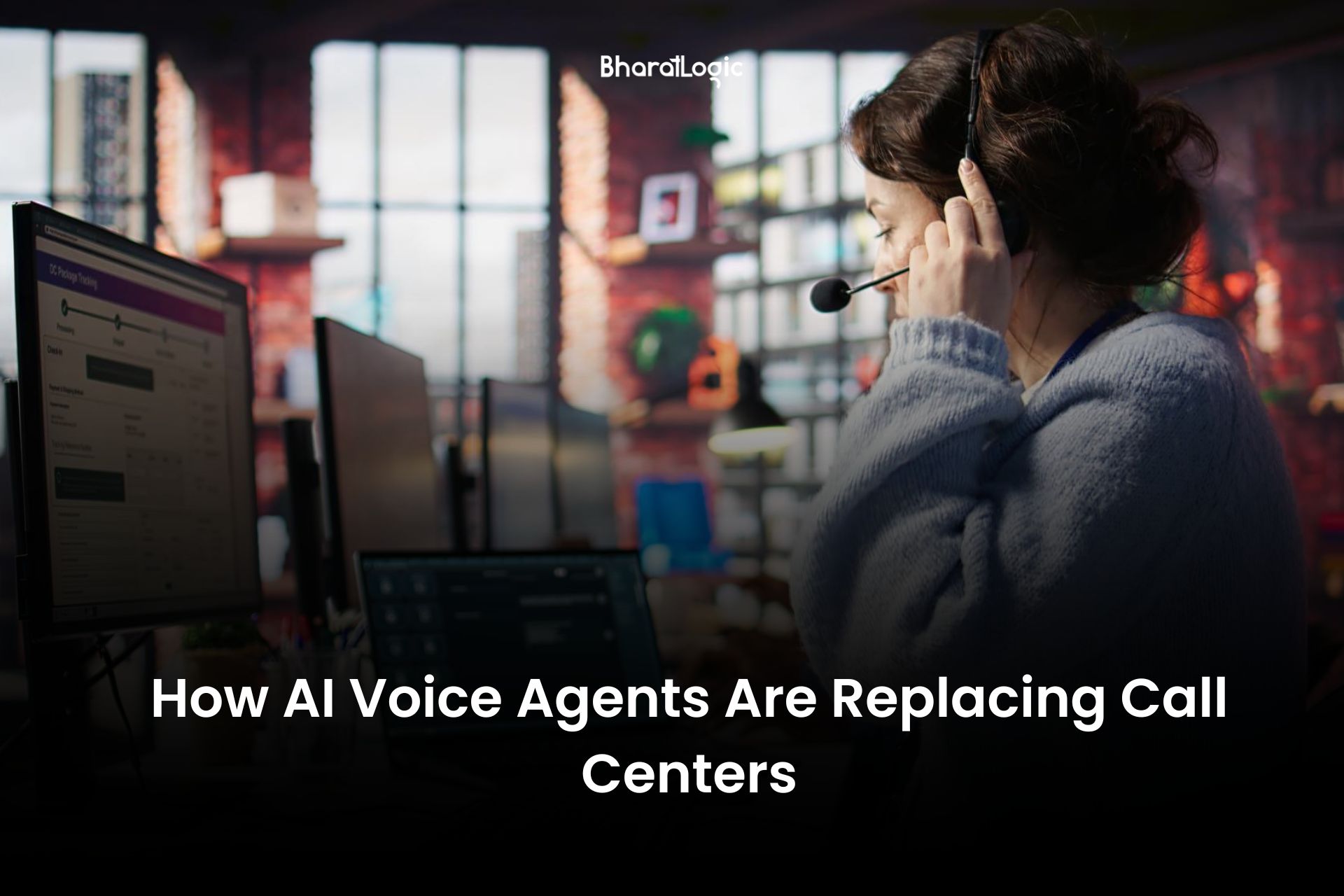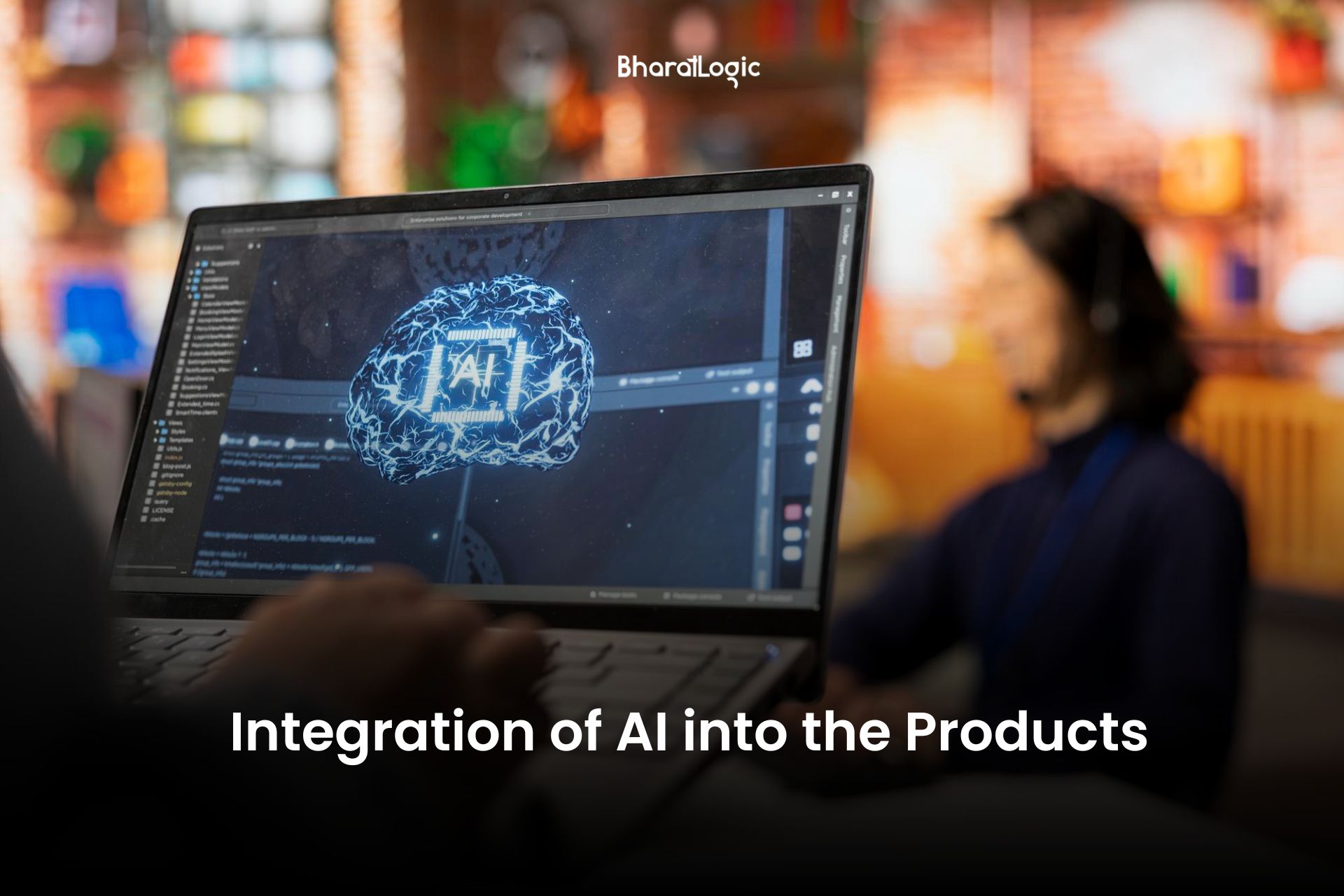Blogs

-
AI Agents and Voice AI for Enterprise Automation in 2026
Enterprises today are operating in an environment of increasing complexity. Customer expectations are rising, service channels are expanding, and internal systems must handle larger volumes of data and requests than ever before. Across customer support, operations, sales, and back-office functions,
-
How AI is Transforming Offshore Software Development
AI is transforming the way software is built, and its impact on offshore software development is especially powerful. By integrating AI into development workflows, offshore teams can deliver complete software solutions faster, smarter, and more efficiently than ever before. AI-driven
-
AI Go-to-Market Reality Check | Is Your AI Product Ready to Sell
Building an AI product is undeniably exciting. The algorithms work, the models perform well, and the solution feels genuinely intelligent. However, excitement and technical excellence alone rarely guarantee success. Many founders invest months sometimes years perfecting their AI, only to
-
AI in Healthcare Operations and Clinical Workflows | 2026 Guide
Healthcare organizations are under increasing pressure as patient demand continues to rise, workforce shortages persist, and operational costs grow year after year. These challenges are forcing hospitals and clinics to rethink how care is delivered while maintaining quality, safety, and
-
AI Face Detection for Security and Law Enforcement | 2026 Solutions
Modern security operations demand both speed and accuracy in an increasingly complex world. Traditional surveillance systems rely heavily on human monitoring and manual identification, which can be slow, inconsistent, and expensive to maintain. Missed details, delayed responses, and human fatigue
-
How Growing Companies Scale Faster Using Remote Tech Teams
If you’re a founder, CTO, or agency leader facing constant delays because hiring developers is slow, expensive, or unpredictable, this article is for you. Many growing companies struggle to scale their tech teams quickly while maintaining quality and control. Lengthy
-
How AI Voice Agents Are Replacing Call Centers
Over the past two decades, I have watched customer support transform from bustling call floors filled with ringing phones to streamlined, digital-first solutions. This shift hasn’t happened overnight it’s the result of changing customer expectations, growing operational pressures, and rapid
-
Top 7 tech trends shaping custom software in 2026
Technology is evolving at an unprecedented pace, and businesses that aim to stay competitive cannot afford to simply react they need to anticipate and adapt. Custom software has transformed far beyond being just a functional tool; it has become a
-
What Founders Should Know Before Integrating AI into Products
AI is undeniably ubiquitous today, making its way into almost every new product, pitch deck, and startup. From personalized shopping recommendations to automated customer support, AI promises to revolutionize industries across the board. As a result, many founders feel compelled









